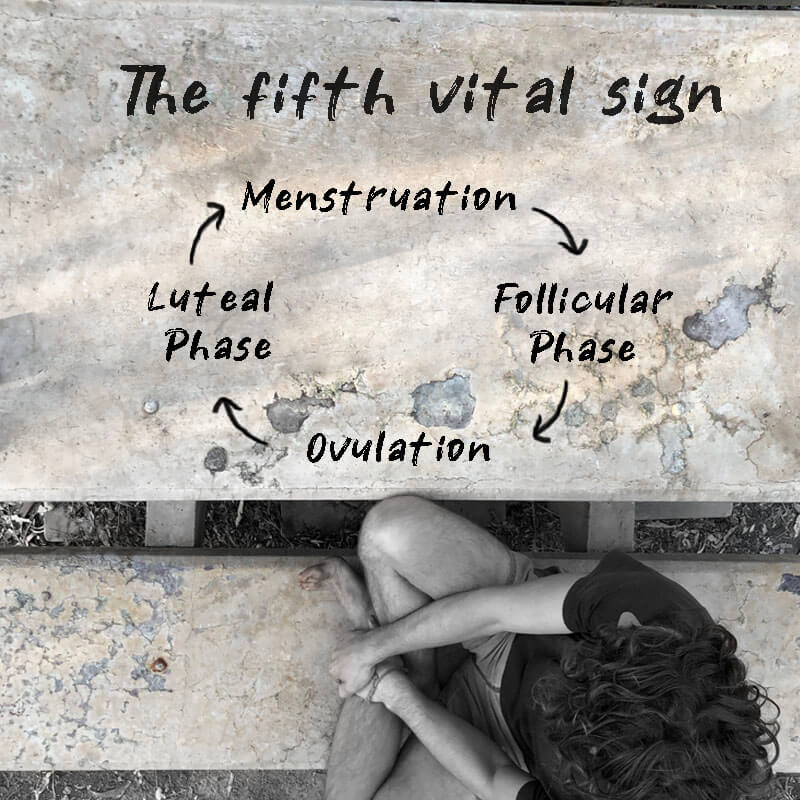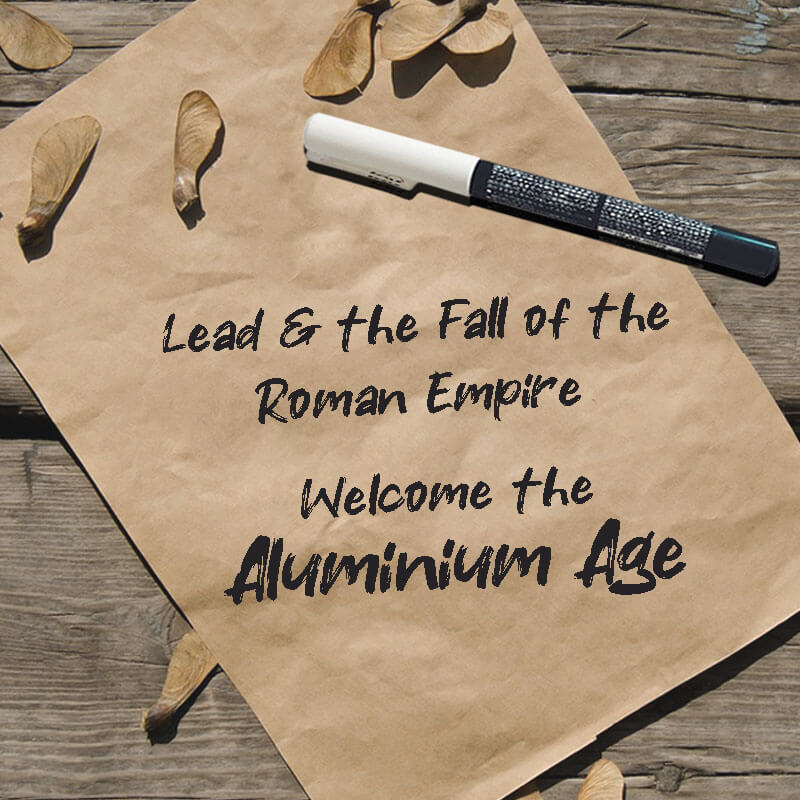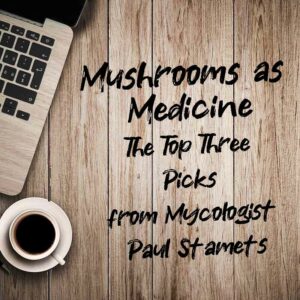We may not typically think of alcoholic beverages as health-promoting but with careful consideration and discipline particular fermented alcoholic beverages may be incorporated into a healthy eating regime. For instance, comparing beer to a spirit mixed with cola, opting for beer can offer several health benefits. Beer contains no caffeine and fewer potentially harmful additives like caramel colour. It can also promote a healthy microbiome and has a lower sugar content in comparison. Swapping out a spirit mixed with cola for a beer as your drink of choice could make a positive impact on your overall health and wellness.
Regrettably, not all brewers prioritise traditional brewing techniques and purity. Some beers may contain artificial ingredients, preservatives, and other unhealthy additives. Unfortunately, due to a lack of regulation mandating brewers to disclose their ingredients, it can be difficult to determine what goes into your beer without taking the time to contact the brewers directly.
German Purity Law, also known as the Reinheitsgebot mandates that beer can only be brewed using four ingredients: water, malted barley, hops, and yeast.
If we’re searching for the healthiest beers, it’s essential to identify the criteria that make a beer healthy. In my opinion, the ideal beer should be unpasteurised, unfiltered, organic, and minimally processed. A truly healthy beer should meet all of these requirements or at least most of them.
I’ve taken liberty in contacting some brewers to check in on these criteria. Here are a few recommendations for beers available in Australia that tick some or all of the boxes. I’ve focused on larger brewers for broader accessibility.
Mountain Goat Steam Ale

One of the first certified organic beers in Australia and draws inspiration from traditional steam beers – lagers brewed at warm ale temperatures. Their twist on this technique involves brewing an ale at a cool lager temperature, resulting in a crisp and refreshing beer that doesn’t sacrifice character. By brewing our Steam Ale in this unique way, they have achieved the same result as the original steam beer brewers.
Ingredients: Barley malt, wheat malt, hops, yeast, and filtered water
Organic: Yes
Unpasteurised: Yes
Unfiltered: TBC
Stone & Wood Pacific Ale

This popular beer from Stone & Wood is made with a blend of Australian and New Zealand hops, barley, and wheat. It’s unpasteurised and unfiltered (TBC), which gives it a rich, full-bodied flavour.
Ingredients: Water, barley malt, hops, and yeast.
Organic: No
Unpasteurised: TBC
Unfiltered: TBC
Hawkers Beer Pilsner

This beer from Hawkers Beer is made with only four ingredients: water, barley malt, hops, and yeast. It’s unpasteurised and unfiltered (TBC), which helps preserve its natural flavour and nutritional value.
Ingredients: Water, Galaxy hops, Australian malted wheat, yeast.
Organic: No
Unpasteurised: TBC
Unfiltered: TBC
Little Creatures Pale Ale

This iconic beer from Little Creatures is made with whole hop flowers, pale malted barley, and yeast. It’s unpasteurised and unfiltered (TBC), which gives it a distinctive, hoppy flavour.
Ingredients: water, whole hop flowers, pale malted barley, and yeast
Organic: No
Unpasteurised: Yes
Unfiltered: TBC
4 Pines Pale Ale:

The four pines core range is brewed to beer purity laws, sticking to the 4 key ingredients of malted barley, hops, water and yeast. The pale ale from 4 Pines Brewery is made with only four ingredients: water, barley, hops, and yeast. It’s unpasteurised, unfiltered, and naturally-conditioned for one month in the bottle which helps retain its natural flavour and nutrients.
Ingredients: water, barley, hops, and yeast
Organic: No
Unpasteurised: Yes
Unfiltered: Yes
These beers are a few of my top picks for unpasteurised, organic, and minimally-processed beers that are available in Australia. By choosing beers that are made with high-quality, natural ingredients, you can enjoy a refreshing beverage that’s also good for your health.
So what exactly makes a healthy beer?
To find the healthiest beer, it’s crucial to recognise the standards that determine a beer’s healthfulness. In my view, an ideal beer would be unpasteurised, unfiltered, organic, and minimally processed.
Unpasteurised
Unpasteurised and unfiltered beers are often considered healthier than their pasteurised counterparts because they retain more of their natural flavour and nutritional value. When beer is pasteurised, it’s heated to high temperatures to kill off any bacteria or yeast, which can also destroy many of the beneficial compounds and probiotic bacteria that naturally occur in beer. Unpasteurised beers, on the other hand, are often fermented for longer periods of time and are allowed to mature naturally, resulting in a richer, more complex flavour.
Organic
Organic beers are made with ingredients that are grown without the use of synthetic pesticides or fertilisers. This means that organic beers are free of harmful chemicals and are often more environmentally-friendly than conventional beers. Additionally, many organic beers are made with high-quality ingredients that are sourced locally or from sustainable farms, which can further enhance their nutritional value.
Minimally Processed
Finally, minimally-processed beers are made with only a few simple ingredients, which means they’re less likely to contain artificial additives or other harmful substances. By using only the essentials, minimally-processed beers allow the natural flavours and nutrients of the ingredients to shine through. Often offering a more full-bodied and flavoursome beer.
Unfortunately, not all brewers prioritise traditional brewing techniques and pure ingredients. This can lead to the inclusion of artificial additives, preservatives, and other unhealthy substances in some beers. The lack of regulation mandating brewers to disclose their ingredients makes it challenging for consumers to determine what goes into their beer without reaching out to the brewers directly.
The regulation of ingredients and additives allowed in beer in Australia falls under the Food Standards Australia New Zealand (FSANZ) guidelines. Here’s the full list:
Water, Malted barley, Hops, Yeast, Cane sugar, Glucose syrup, Rice, Corn syrup, Wheat, Starch, Carrageenan, Gum acacia, Glycerol, Propylene glycol, Sodium carboxymethylcellulose, Sodium metabisulphite, Ascorbic acid, Sodium benzoate, Citric acid, Calcium chloride, Calcium sulphate, Magnesium sulphate, Potassium chloride, Potassium sorbate, Tartaric acid, Lactic acid, Phosphoric acid, Nitrogen, Carbon dioxide, Sulphur dioxide, Isinglass, and Irish moss
Some of the additives have cause for concern. Sodium benzoate, which is used as a preservative in some beers, has been linked to hyperactivity and may cause allergic reactions in some people. Propylene glycol, which is used as a stabiliser and thickener in some beers, can be toxic in large amounts and may cause skin irritation or respiratory problems if inhaled.
The Germans felt so strongly about purity they introduced the German Purity Law, also known as the Reinheitsgebot. The regulation was introduced in Bavaria in 1516. It mandates that beer can only be brewed using four ingredients: water, malted barley, hops, and yeast. The law was later adopted by the rest of Germany and is still in effect today, making it one of the oldest food purity laws in the world.
The German Purity Law was originally introduced as a way to prevent brewers from using expensive and potentially harmful ingredients in their beer. It also helped to standardise beer production and ensure that only high-quality ingredients were used. When looking for a healthy beer, we should look for pure and what better example is there than a 500 year old purity law.

Nils Strohbeck
Connect
A Perfect Coup: Pharmaceutical Industry’s Hold on Healthcare
A dive into industry's extensive influence
Lead and the Fall of the Roman Empire: Welcome the ‘Aluminium Age’
How Aluminium is Affecting Our Health









